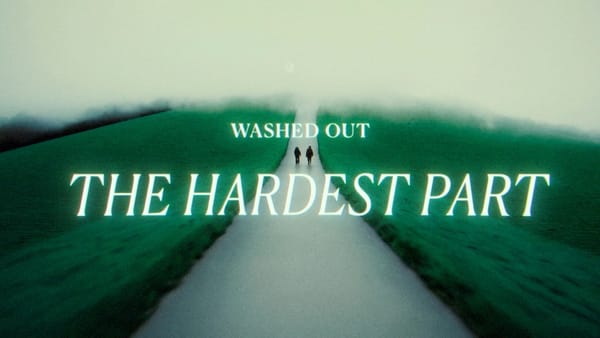Conservatism and Who the Law Protects

That the Supreme Court decided to give Trump's idiotic immunity case time of day means that it will have needlessly delayed legal accountability for no justifiable reason, but it's a stark reality once again that there are two legal systems in these United State of America. One for the in group and one of the out group.
Thinking about this and other goings on like Project 2025, I was reminded of this blog comment from 2018 which so perfectly states the political climate we live in:
There is no such thing as liberalism — or progressivism, etc.
There is only conservatism. No other political philosophy actually exists; by the political analogue of Gresham’s Law, conservatism has driven every other idea out of circulation.
There might be, and should be, anti-conservatism; but it does not yet exist. What would it be? In order to answer that question, it is necessary and sufficient to characterize conservatism. Fortunately, this can be done very concisely.
Conservatism consists of exactly one proposition, to wit:
There must be in-groups whom the law protectes but does not bind, alongside out-groups whom the law binds but does not protect.
There is nothing more or else to it, and there never has been, in any place or time.
For millenia, conservatism had no name, because no other model of polity had ever been proposed. “The king can do no wrong.” In practice, this immunity was always extended to the king’s friends, however fungible a group they might have been. Today, we still have the king’s friends even where there is no king (dictator, etc.). Another way to look at this is that the king is a faction, rather than an individual.
As the core proposition of conservatism is indefensible if stated baldly, it has always been surrounded by an elaborate backwash of pseudophilosophy, amounting over time to millions of pages. All such is axiomatically dishonest and undeserving of serious scrutiny. Today, the accelerating de-education of humanity has reached a point where the market for pseudophilosophy is vanishing; it is, as The Kids Say These Days, tl;dr . All that is left is the core proposition itself — backed up, no longer by misdirection and sophistry, but by violence.
So this tells us what anti-conservatism must be: the proposition that the law cannot protect anyone unless it binds everyone, and cannot bind anyone unless it protects everyone.
Then the appearance arises that the task is to map “liberalism”, or “progressivism”, or “socialism”, or whateverthefuckkindofstupidnoise-ism, onto the core proposition of anti-conservatism.
No, it a’n’t. The task is to throw all those things on the exact same burn pile as the collected works of all the apologists for conservatism, and start fresh. The core proposition of anti-conservatism requires no supplementation and no exegesis. It is as sufficient as it is necessary. What you see is what you get:
The law cannot protect anyone unless it binds everyone; and it cannot bind anyone unless it protects everyone.





